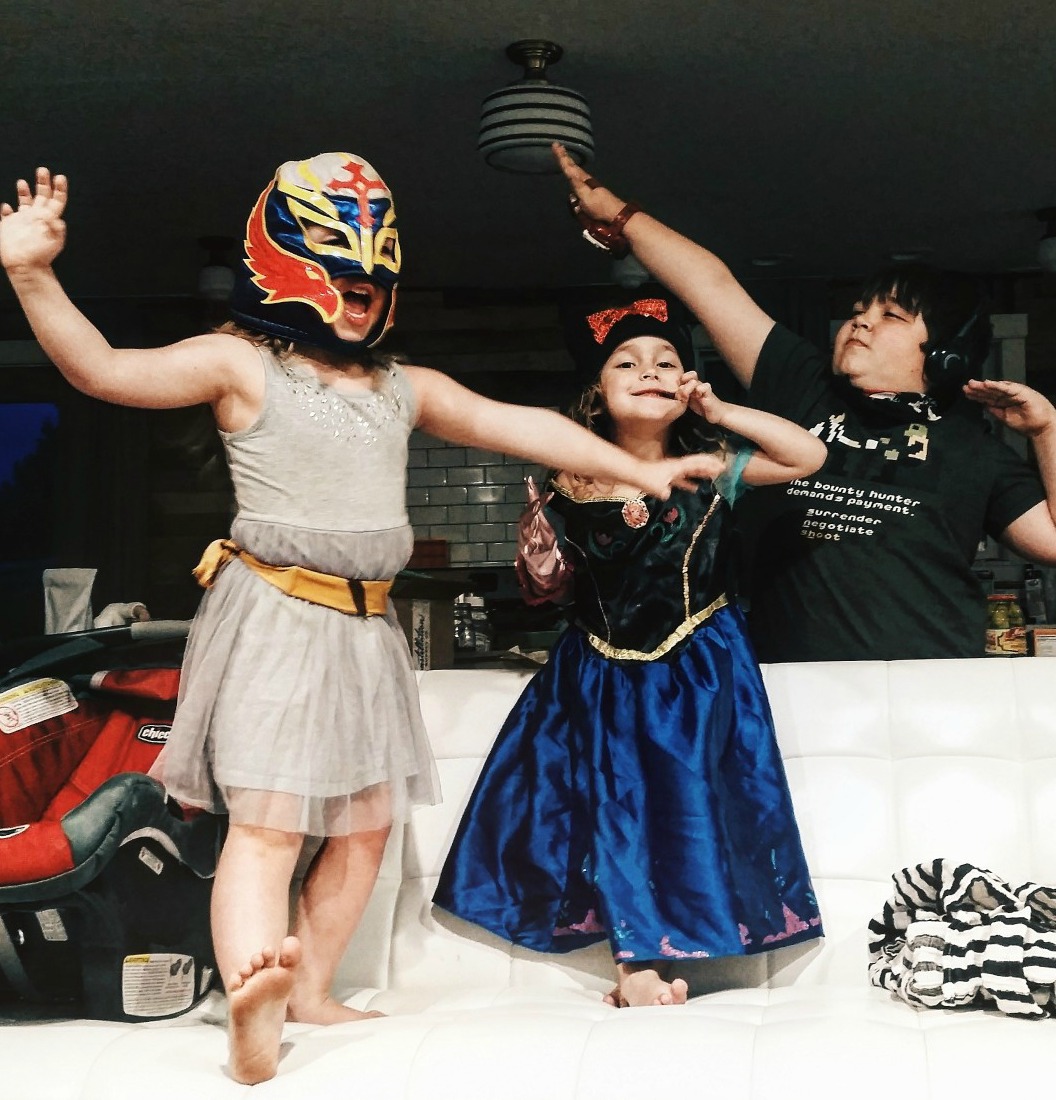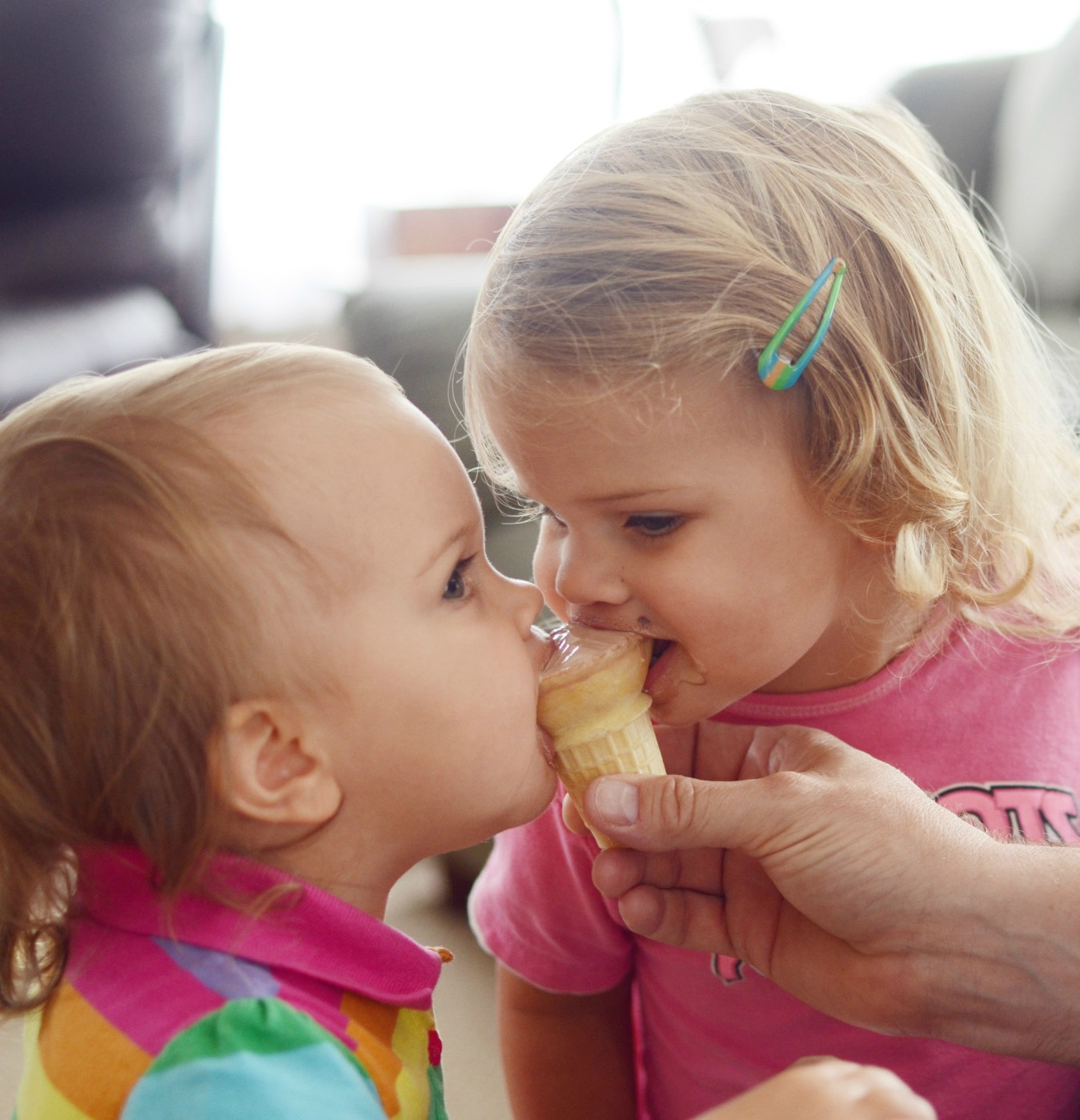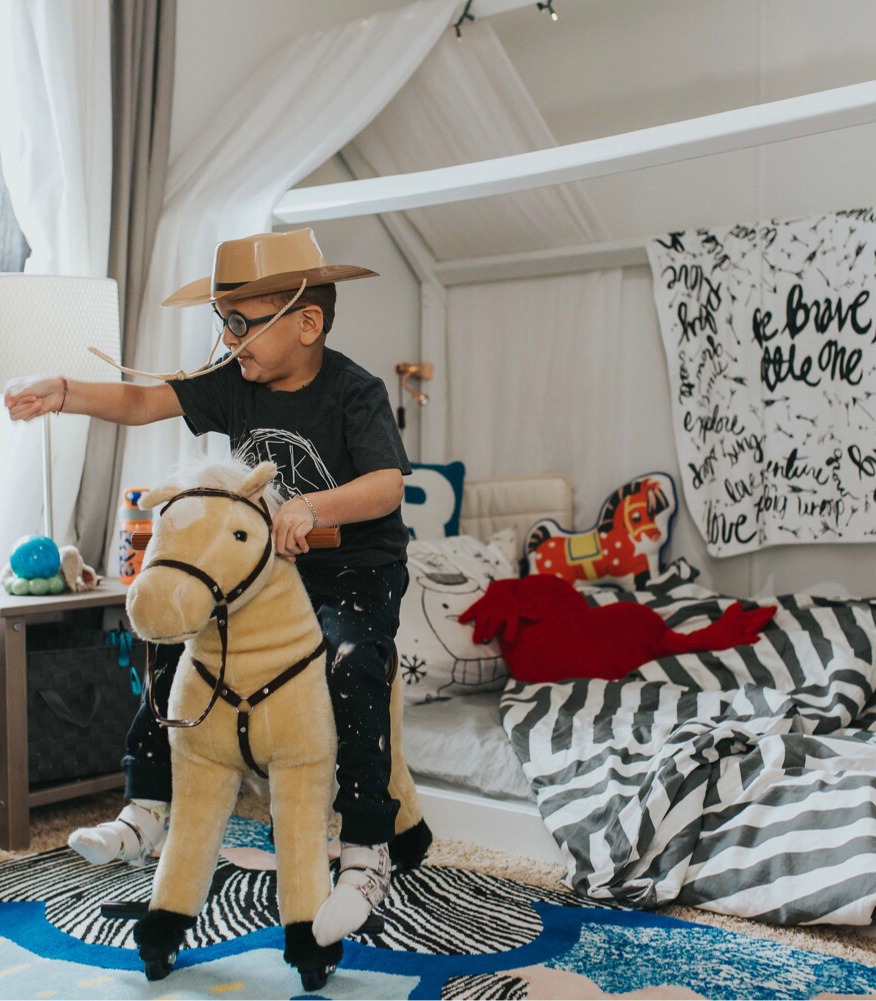Don't Play Favorites

There's nothing like the bond you share with your brothers and/or sisters. But not all childhood sibling relationships age well into adulthood. The ones that do are based on respect and a strong bond established in the early years—and support, not undermined, by the parents. Here are some ways to help your kids form strong relationships with the people they'll know the longest in their lives.
Playing favorites is a quick and lasting way to get your children to resent each other. Make sure your kids know that you have enough love and admiration to go around. Because you do.
Don't Make Kids Compete For Your Attention

Make sure your kids each have times when they receive your undivided attention. Even if one kid is the squeaky wheel, or another barely needs you, show everyone that you have enough attention for all of them so they don't resent the one who gets the most.
Celebrate What's Unique And Special About Each

By celebrating who your kids really are, and what's special and unique about each, you teach your children to celebrate each other as well. You're all on the same team!
Teach Your Kids To Have Each Other's Backs

If siblings know that they can always count on each other, and that they should always stand up for each other, they'll have a lifelong bond that can't be broken. You're all on the same team.
Don't Make Everything Between Siblings Exactly Fair All The Time

Children need different things at different times. So as long as your children know things will be fair over time, you don't have to strive to make every moment of their life fair. From this, your kids will learn that their needs will always be taken care of, and they won't resent their siblings for having theirs taken care of as well.
Recognize Each Child's Strengths

By recognizing what each child is good at without placing a value on that skill as better than another, you teach your children that what they're good at is just as valuable as what their sibling is.
Don't Be Afraid To Let Your Kids Shine

Sometimes, one sibling is going to excel, stand out or win an award. Don't diminish that just because his or her siblings aren't sharing the spotlight. If you show your kids you don't love one more than the others for winning an award, they won't resent the one whose turn it is to shine. They'll celebrate along side you.
Let Each Child Follow His Or Her Individual Path

Children don't fit into a cookie cutter mold, which means not all children will want to follow the same path. Allow children to be themselves and follow their own particular interests. That way, you won't diminish the others, who may resent being compared to the others or rebel after being forced to be like his or her siblings.
Spend Quality Time With Each Of Your Children Separately

It doesn't have to be for prolonged periods of time, but by checking in with each of your kids separately, you show your kids that they can have your attention when they need it. This also spares your kids a childhood filled with resenting each other because they feel like they have to compete for Mom and Dad's attention.
Don't Compare Your Kids

Kids who are constantly compared to one another learn to resent one another. So celebrate your kid's individuality rather than comparing siblings to one another. This includes everything from grades to interests to size to talents. Let everyone develop in their own way and on their own timelines. It's hard but crucial.
Let Your Kids Play Freely Together

Siblings who spend a lot of time together will almost always get into some minor squabbles, but they'll also learn to entertain each other and rely on each other for fun. That kind of time together helps build a deep sibling bond that lasts well into adulthood.
Don't Always Intervene When Your Kids Fight

Siblings fight. That's just a part of life. But when parents allow kids to work out the disagreement without parental intervention, the kids learn valuable skills in working together, compromise and forgiveness.
Teach Your Kids It's OK To Disagree

Siblings bicker—as kids and as adults. By teaching kids that disagreements are temporary, not permanent, they learn to take arguments with a grain of salt rather than as the end of the relationship.
Allow For Kids To Have Time To Be Together

Playdates, team sports and after school classes are great, but if your kids are totally over-scheduled, they never have time to actually be together. Clear the calendar, leave the room, let them have time to just figure out fun and interests together—not driven by an adult leader.
Have Your Kids Attend Each Other's Events

Teach your kids to support each other by having them support each other. Have your kids attend each other's events when possible. Yes, even if they think soccer/ballet/chess is boring. It teaches siblings to share the spotlight, and it shows them their siblings are always there for support.
Have Siblings Do Chores Together

Have siblings work together by doing chores together. It teaches them responsibility and gives them a sense of team work. Come up with a list of things to do and tell them to get it done. They'll naturally want to work on it together. You can kick back and remind yourself you're a good parent.
No Forced Sharing

Rather than insisting brothers and sisters share, give regulated turns. When it comes to cupcakes and snacks, lead by example. Show how fun it is to make someone happy. And don't sweat it if they don't share in the younger years. Keep role-modeling, let them know it's up to them to decide. Eventually, one day, they'll do it gladly.
Create A House Filled With Kindness And Compassion

By teaching siblings to be kind and thoughtful to one another, they will grow up to be kind and thoughtful to one another. It's just that simple. And it starts with you.
Give Each Child Personal Space

Even if your children don't have their own rooms, give them some personal space to which they can retreat when they need to be quiet or to get away. This isn't always easy, but sometimes a corner, indoor tent or pile of cushions they have full control over will do.
Avoid Labeling Your Children

Resist the temptation to refer to your children with labels such as "the smart one," "the pretty one," "the athletic one," etc. Eventually, kids will start to define themselves by your label—and resent their sibling who got the best title. Our kids are listening.




